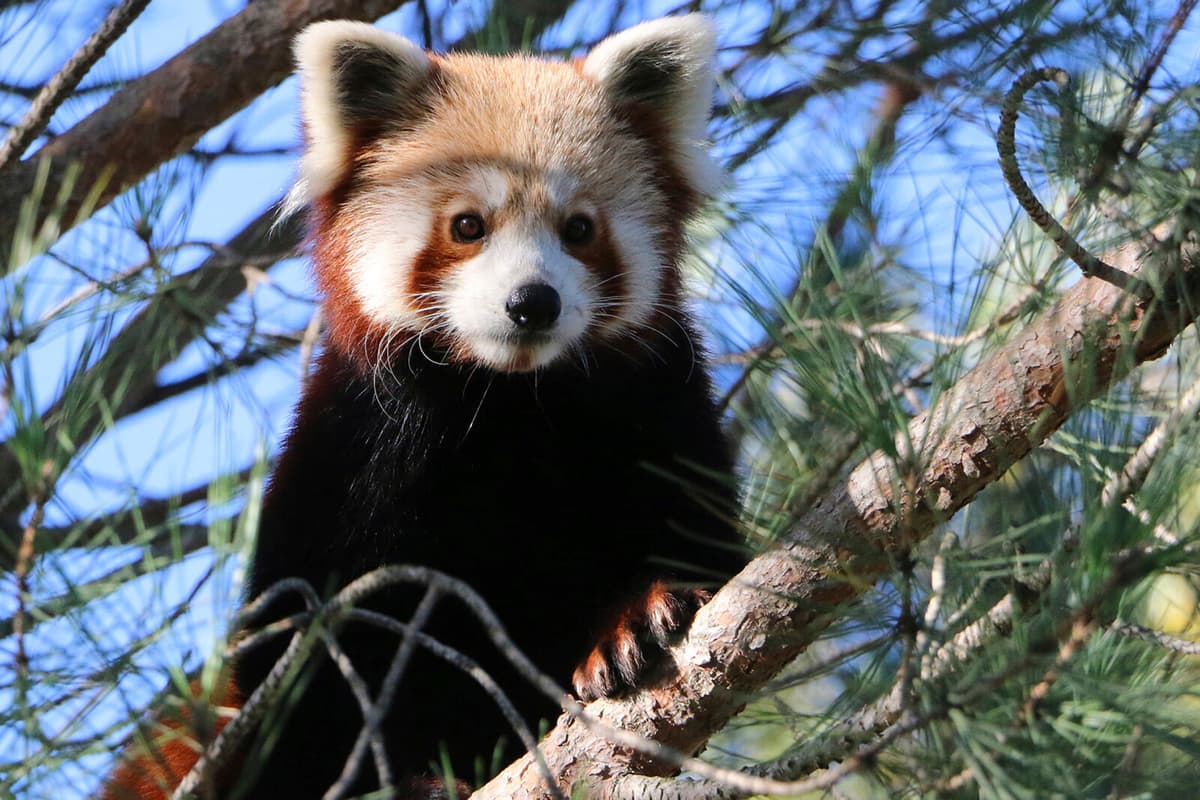23,000 delegates from 175 countries are gathered in Cali, Colombia, for the UN meeting COP16 on biological diversity. If you want to put it bluntly, it's the life on Earth that's at stake.
Charlotta Sörqvist, chief negotiator for a group of around 20 Swedes, describes the atmosphere as good and intense.
We are in the phase of the negotiations where all issues have been put on the table. Now, people have started working in different smaller negotiating groups, she says.
"Taking it seriously"
At the previous meeting in Montreal, Canada, two years ago, the participants came up with 23 major goals, including protecting 30 percent of the planet's surface by 2030.
It's not like the countries just agreed to it and then did nothing. I think the feeling is that everyone is taking this seriously, says Sörqvist.
Prior to the meeting, there have been many discussions about the fact that only slightly more than 30 countries have submitted action plans on how to achieve the goals. Sweden is one of the countries that has not done so. In the absence of reports, countries are to submit national goals, which Sweden and around 100 other countries have done.
Many people, of course, think that you should be as quick as possible to submit your updated NBSAP (action plans), but it's more about the fact that many countries are actually on their way and doing things, says Sörqvist.
Raising funds
Several developing countries are highlighting the need for economic assistance to protect their nature. There is an agreement to raise 20 billion dollars annually from 2025. A large part of the meeting is about mobilizing these funds, and whether a new type of fund will be needed.
The decision is not just about aid but also about how countries can work to mobilize from all sources, including the private sector.
Sörqvist is hopeful that the countries will reach a new agreement, but it's not until the second week of the meeting, when the ministers arrive, that it will become clear which issues are difficult to resolve – and which countries are the brakes.
Then we will see more clearly where our real dividing lines lie, she says.
The UN top meeting on biological diversity, COP16, takes place in Cali, Colombia, from October 21 to November 1.
COP stands for Conference of the Parties and refers to the parties in the UN Convention on Biological Diversity. 16 indicates which meeting it is in order.
The meeting is usually held every other year. In 2022, Montreal, Canada, hosted. The historic agreement concluded there is called the Kunming-Montréal GBF (Global Framework for Biological Diversity) because Kunming was originally supposed to host the meeting, but due to China's then covid restrictions, it was changed.






